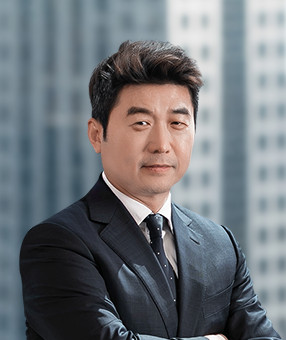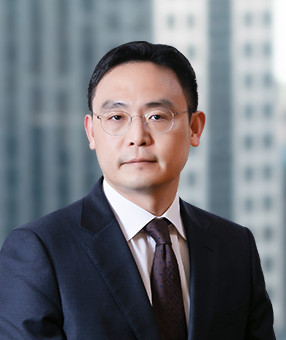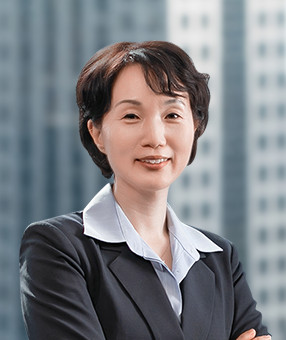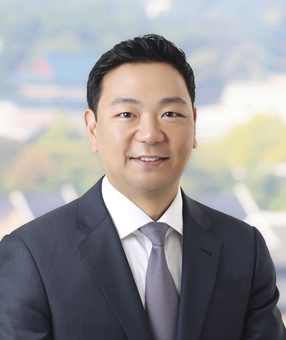On December 17, 2024, the Korea Fair Trade Commission (the “KFTC”) published a policy report titled “Generative AI and Competition” (the “AI Policy Report”) that analyzes the competitive landscape and potential competition and consumer issues in the Korean generative AI market.
The AI Policy Report is based on the results from the AI market survey of major domestic and overseas business that the KFTC conducted in August 2024 (the “AI Survey”), as well as the opinions of experts from industry, academia, research institutes, etc., and a literature review. The key contents of the AI Policy Report are as follows.
|
1. |
Current Status of Generative AI Value Chain |
|
Value Chain Level |
Details |
|
AI Infrastructure |
Where the essential elements needed for AI development and deployment, including computing resources such as AI chips and clouds, data, and experts, are formed |
|
AI Development |
Where foundation models are developed independently, or fine-tuned from existing models created by other companies, to serve as the basis for implementing a specific AI function |
|
AI Deployment |
Where AI functions implemented by foundation models, such as text or image creation, are utilized to provide services to consumers |
|
2. |
Analysis of the Competitive Landscape in the Korean Generative AI Market |
|
Area |
Assessment of Market Situation and Competitive Landscape |
|
AI Chips |
|
|
Cloud Computing |
|
|
Foundation Model |
|
|
AI Services |
|
The KFTC’s assessment is that the competitive landscape in Korea is similar to that of the global market since the products and services across each segment of the value chain are generally available worldwide. In particular, the AI Policy Report noted that while some companies choose to focus on only specific areas of the value chain to establish transactional relationships, others pursue a strategy of vertical integration by entering into all areas of the value chain.
|
3. |
Analysis of Competition and Consumer Issues and Related Challenges |
|
Classification |
Details |
|
Unilateral Conduct |
The report points out several types of unilateral conduct that could harm competition, such as when:
|
|
Merger |
There are concerns that substantial investments in and acquisitions of start-ups in the AI market by vertically integrated companies with significant financial resources, along with the recruitment of key personnel and the establishment of partnerships, may result in the formation or strengthening of market dominance and related abuse. |
|
Undermining Consumer Interests |
Consumer interests could be undermined if an AI service provider does not obtain valid consent for data collection. |
The AI Policy Report outlines the KFTC’s plan to establish a framework for promoting fair competition in the AI ecosystem. Specifically, the KFTC has plans to assess whether the existing merger regime should be updated to allow the agency to review various partnerships among AI companies that have effects that are similar to mergers. The KFTC also intends to strengthen its oversight over various other types of conduct in the AI market that could be anti-competitive.
The KFTC stated that the AI Policy Report is the first in a series of reports aimed at assessing the market situation, legal issues, and challenges within the Korean AI market. The agency plans to conduct more in-depth reviews and research on the AI market, including additional studies on data collection and usage issues.
Given the rapid evolution and expansion of generative AI technologies and services, the market landscape, competition, and consumer protection issues are also evolving at an unprecedented pace. Therefore, we advise that companies in this space continue to monitor the direction and details of upcoming regulations, identify potential violations in advance, and prepare appropriate mitigation measures if necessary.











